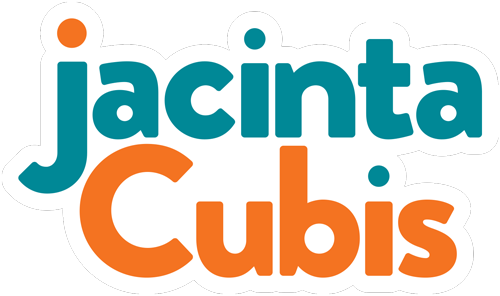When a pass is not enough
“We’re getting useful information from our meetings - what we need to do our job.”
Useful might be good enough for this facilities manager.
But it’s not good enough for her Executive Director. She wants to help her team transform their internal client meetings from excruciating to engaging.
They are a service team. She wants her people to excel in service.
That means high engagement at meetings that deliver value. She is aiming for gold.
If gold is an option, why stop at useful? It feels a bit like being satisfied with a ‘pass’ for a university assignment, when you could aim for a distinction or high distinction.
We spend an enormous amount of time on and in meetings.
Planning them, attending them and chasing up actions after them.
Staff meetings, stakeholder forums, project workshops and industry roundtables.
What’s less clear is how much value that we are getting from them.
How would you rate the value you’re getting from your meetings and workshops?
The room, or zoom, is booked. Invitations have been sent and the agenda set. What could go wrong? A lot.
Junk
At this level, little thought has gone into planning the meeting. People have been invited ‘just to keep them in the loop’. Most will wonder why they are there. Without a clear purpose, people get distracted, disengage or push their own agendas. If they contribute, they can take over or take us down rabbit holes. We don’t get any gold. We leave with junk. If we’re hosting meetings at this level, we need to focus on learning the skills to plan and facilitate a meeting or workshop, so it is effective and productive.
Useless
The room buzzes with lots of chat, but the information we get is useless. Did you know that 25% of meetings are spent discussing irrelevant issues? If it’s a regular team meeting, the person with the longest ‘to do’ list probably dominates, while the rest of us check our emails. Leaders of meetings and workshops at this level have put some time into the planning but the agenda on its own is not enough. We struggle to keep people focused, stop the loudest from dominating and draw out the quieter voices. Our focus at this level is to explore how facilitation skills can help us get more value from our groups.
Useful
Meetings at this level produce useful information, some commitment and energy from participants – if they unfold as we expect. Meeting leaders at this level have designed a plan for the session. We are clear on the why, who needs to be there and what gold we want. But we are thrown when things don’t go to plan - as often happens. We struggle to think on our feet. We can’t improvise in response to the discussion. At the first sign of conflict, we might panic, and shut things down or worse, hide. We might get useful information or ideas, but we know we could get so much more. It can feel a bit like one step forward and two steps back. Leaders at this level are ready to embed their existing facilitation skills so that they can uncover even more value from their groups.
Fruitful
At this level, purpose is clear, the right people are in the room and we know what outcomes we want and need. Meeting leaders at this level consistently elicit fruitful information from groups. Our agendas are not jam packed. We leave space for thinking and discussion. We know how to pull people out of rabbit holes and keep conversations on track. We address any bad behaviour in a group. We can adapt to the shifting nature of the discussion and follow the productive pathways uncovered by the group. To others, our facilitation looks effortless and we are confident with most groups. If we are leading meetings at this level, we can stretch a bit. Our focus is to enhance our facilitation skills and, in turn, the quality of information and ideas from participants, and their level of commitment to the actions and outcomes.
Gold
At this level, we gather the gold from groups – constructive information, valuable ideas, strong commitment to strategy. We are unconsciously competent in our facilitation and are often ‘in flow’. Participants may not even feel that they are being facilitated. Our energy sparks the energy of the group, no matter the purpose of the meeting or complexity of the topic. We create space for human connection and people feel safe to contribute, regardless of their expertise or role. At this level, we can expand our facilitation skills. We are open to experimenting and trying new things. We are keen to keep learning and to pass on our knowledge to our teams and colleagues. We can afford to take a few risks and experiment a little.
What do you think? If we’re aiming for gold, why stop at ‘useful’?
I’d love to hear your thoughts.
P.S. If you like this blog and want to support it, you can:
Forward this blog to a friend with an invitation to subscribe here: https://www.jacintacubis.com/sign-up-to-jacinta-wonders
Talk to me about speaking at your next event.
Buy my e-book HUM

